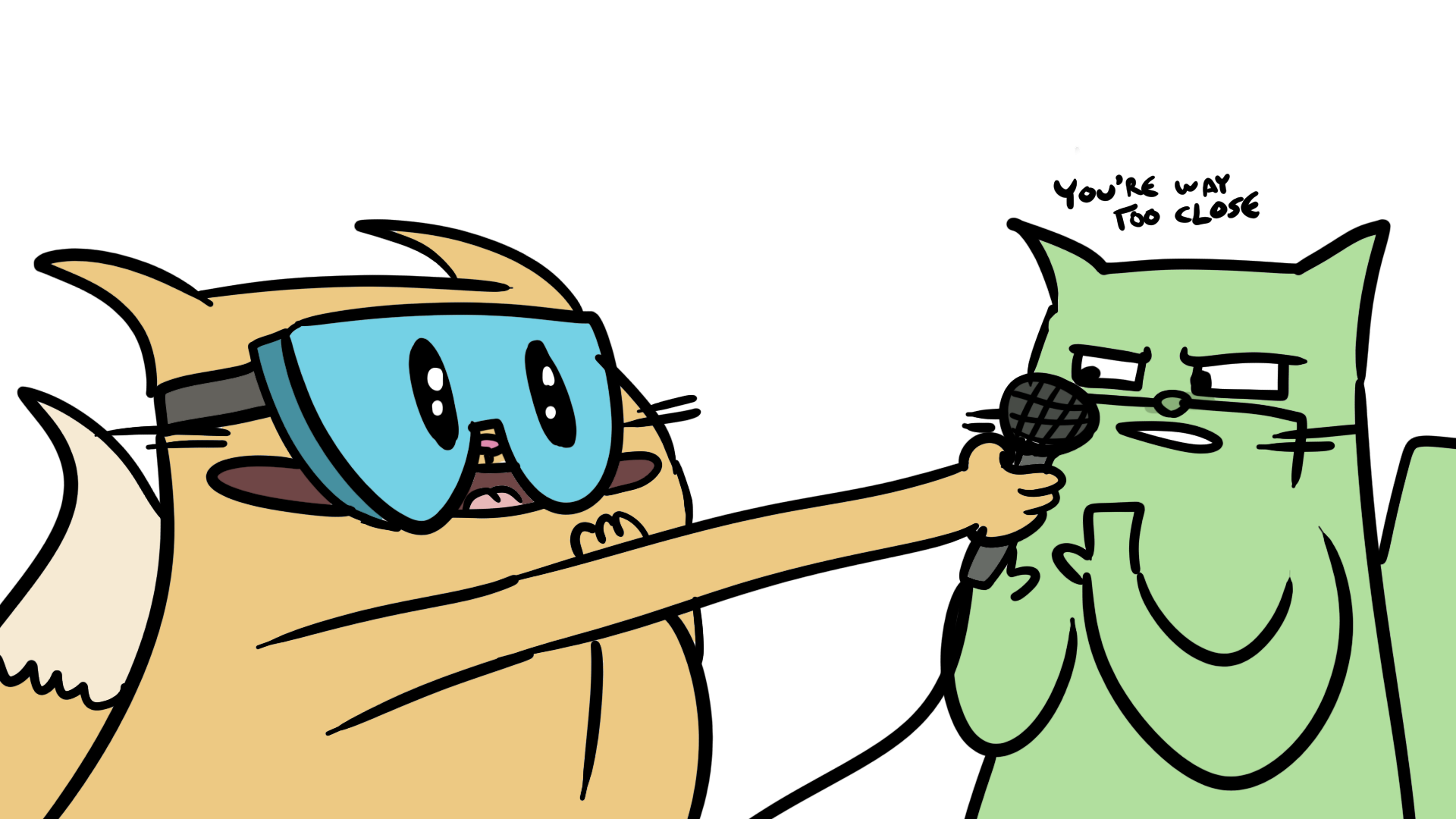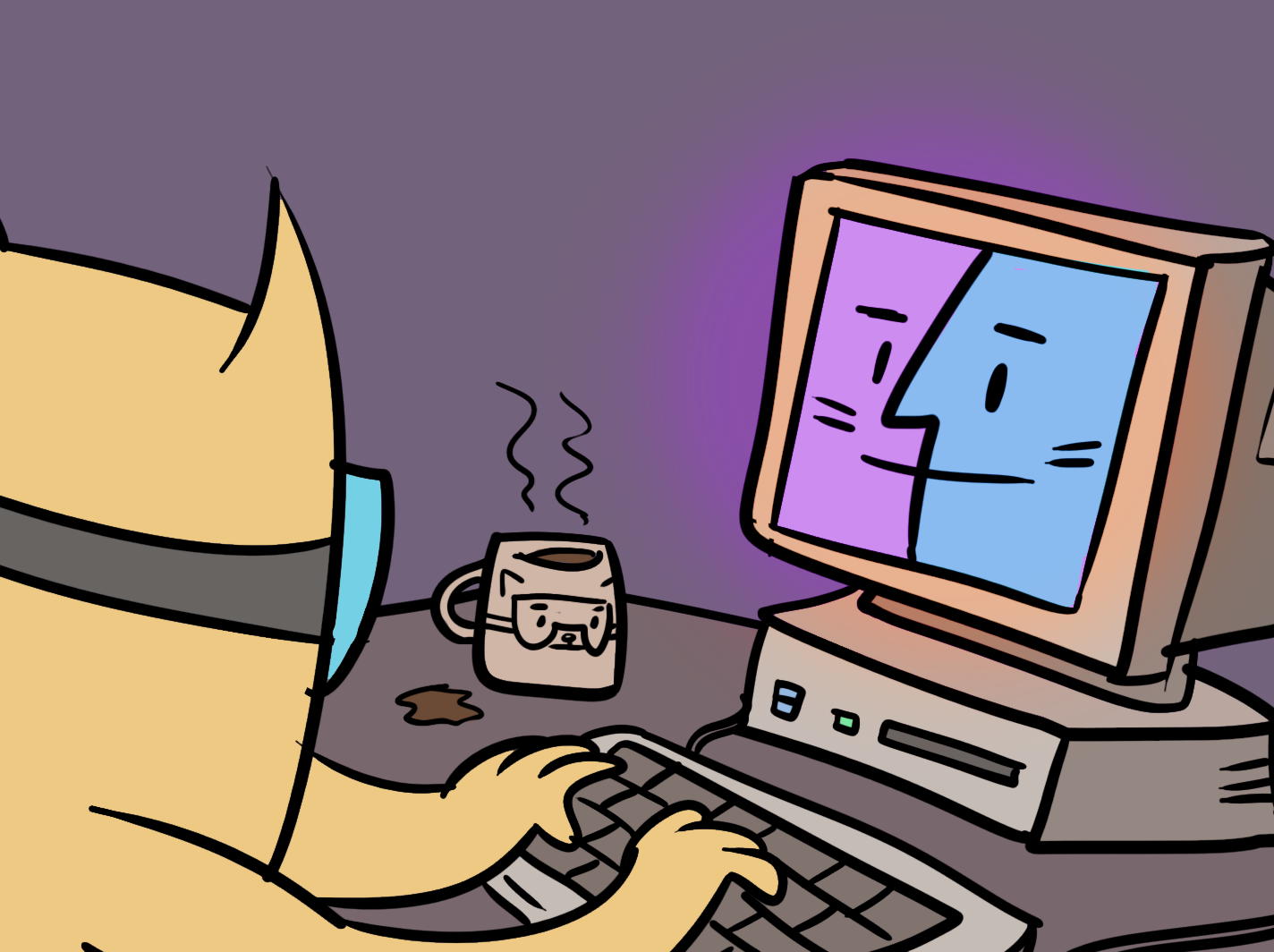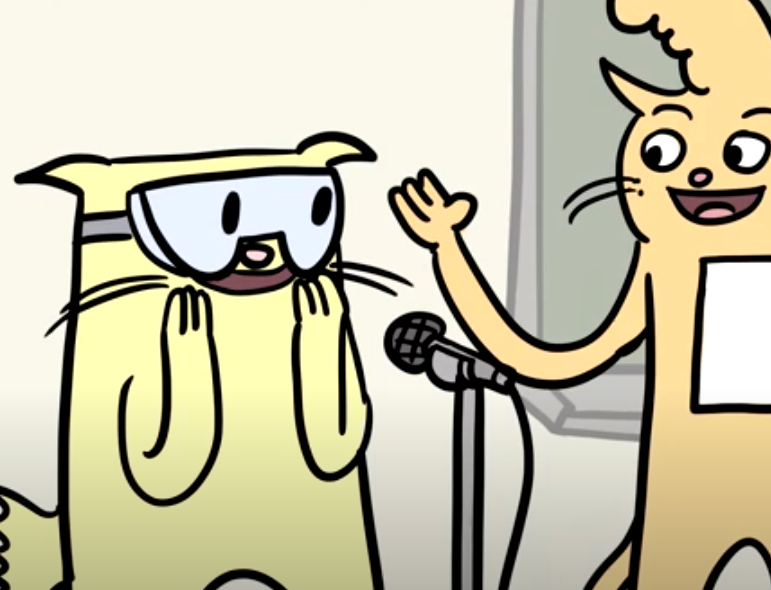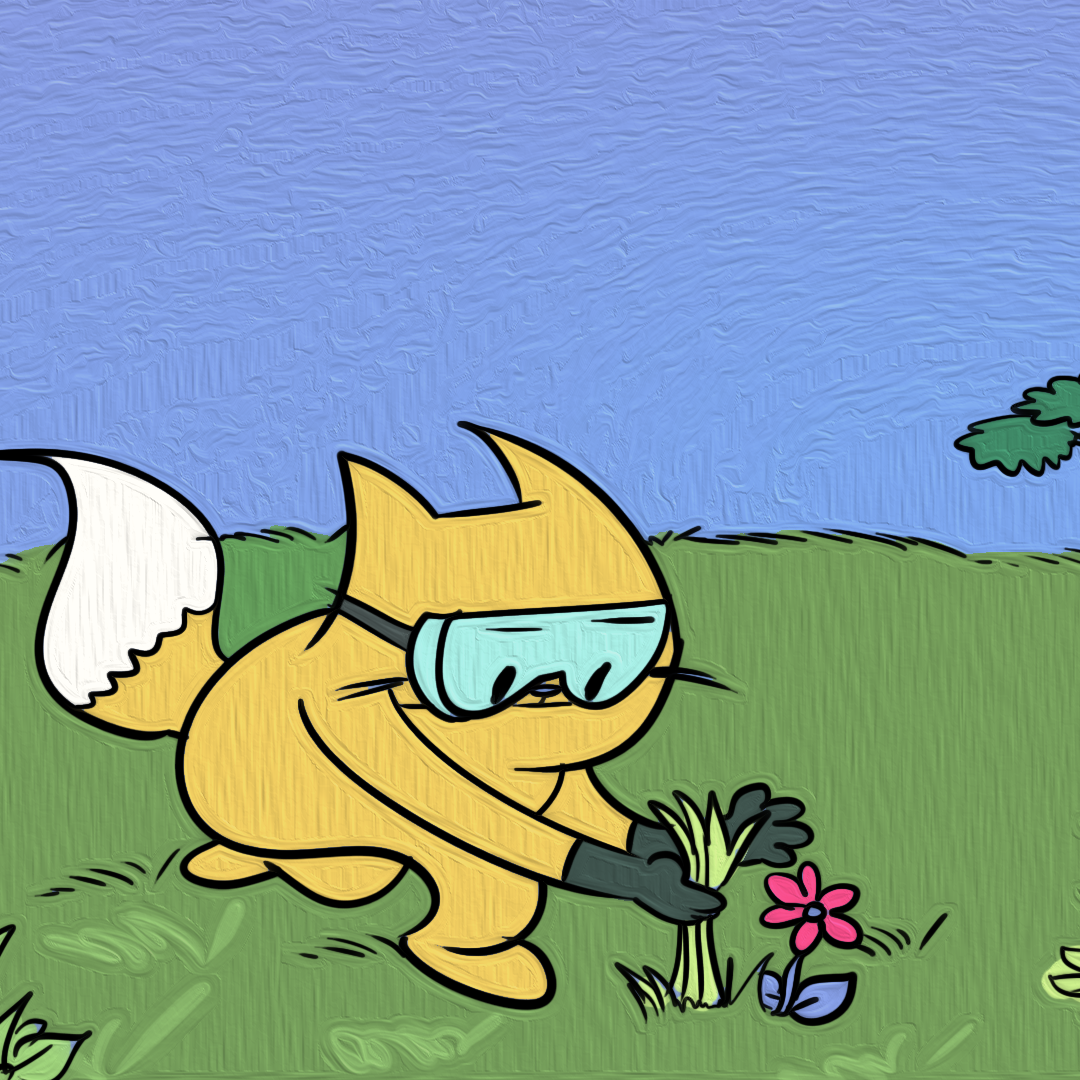“SciCats is a fantastic group of energetic and knowledgeable presenters that provide a unique learning experience. The workshops they offer are well organized, packed with useful information, hands-on and well delivered. We would recommend SciCats to anyone looking to develop their science communication skills.”
Online Sci Comm
Making your online presentation shine requires great content, public speaking skills, and an extra layer of preparation and technical savvy. Whether you're a novice or pro, you can use practical strategies to improve your speaking effectiveness and rock your next online talk. We’ll go through everything from how to set up your audio visual tech, to understanding your audience.
Learn how to:
Make sure your online presentation looks and sounds its best
Understand and engage your virtual audience
Make your good talk great
Sci Comm101
So you’ve done the science - now what? How do you share that science with the public, and why is that important? Come for an introductory overview of the fundamentals of good science communication. You’ll learn about understanding your audience, practice finding your message, and brainstorm next steps in your science communication journey.
Learn how to:
Describe why good science communication is vital to career success and research impact
Tailor your message to different audiences
Identify key questions to consider when communicating your science
From Blah to Blog
So you’ve written some scicomm - and it’s OK. It’s fine. But, how do you make it great? This workshop outlines best practices to write clear and persuasive science pieces for general audiences. It covers editing tips specific to lay science writing, with hands-on activities that walk you through a step-by-step editing example.
Learn how to:
Use actionable, repeatable steps to edit lay science pieces
Implement practical tips to make your writing more persuasive
Better understand how to tailor science writing to different lay audiences
Telling Your Science as a Story
Narrative is a powerful tool for effective communication, why not apply it to science? This workshop will outline how science communicators can use storytelling techniques to make your message more powerful and memorable. During the session, you’ll develop and refine your own science storytelling, using simple and practical tools.
Learn how to:
Identify the key components of an effective story
Share some of your science in a compelling story format
Public Speaking
How do you feel when you’re about to speak in front of a group? Cool, calm and collected? Or more shy, sweaty and shaky? The ability to address a group is vital throughout your career. Whether you're a novice or pro, you can use practical strategies to improve your speaking effectiveness (and no, we aren’t going to tell you to picture the audience in their underwear).
Come away with:
Personalized advice to develop your unique speaking strengths and continue improving.
Strategies to better engage diverse audiences in varied settings.
Actionable tips to communicate with confidence and better convey your message.
Jargon Garden
Albert Einstein said it best: “If you can’t explain it simply, you don’t understand it well enough”
Academia is riddled with discipline-specific terms that can be hard for non-experts to understand. Using plain language that’s tailored to your audience is fundamental to communicate science effectively. Learn practical tips and tricks to weed out the jargon in your writing and let your message thrive.
Come away understanding:
The importance of communicating clearly to people outside your field
Common jargon mistakes scientists make, and how to avoid them
How to use simple tools to identify jargon and improve your writing






